The Middle East's steel markets are seeing varied trends across Saudi Arabia, Qatar, Iraq, and Iran as 2025 progresses. In Saudi Arabia, rebar prices are rising, with Hadeed increasing prices by SAR 50 to SAR 2,350 (USD 627) per metric ton, reflecting robust local demand and increased production costs. Sabic aligns with this pricing, while other producers, like Itifaq and Rajhi, offer slightly lower rates to remain competitive. This upward trend is buoyed by the Saudi Arabia’s active construction sector, driven by Vision 2030 initiatives.
Meanwhile, Qatar’s steel market exhibits stability, with rebar prices steady at USD 735 per ton (EXW). Limited reliance on imports and strong domestic production ensure predictable pricing in Qatar, where cost efficiency is prioritized over the quality advantages of imported steel, including Turkish products.
Iraq’s EAF manufacturers recently lowered rebar prices by USD 10 per ton to USD 650–700 per ton (EXW), aiming to enhance domestic competitiveness amid steady construction demand. This price reduction is intended to counterbalance rising input costs and pressures from global market dynamics, making Iraqi rebar more appealing to local buyers.
The price adjustment comes at a time when the regional construction and infrastructure sectors are keeping demand steady, though rising input costs and global market pressures continue to influence pricing strategies. By reducing prices, Iraqi manufacturers are making domestic rebar more appealing to local buyers, potentially countering the appeal of cheaper imported steel and supporting Iraq’s construction needs as infrastructure projects progress.
This strategic move underscores the manufacturers’ focus on balancing market competitiveness with production costs, and it may set a trend for similar pricing adjustments if regional demand dynamics shift further.
Market sources indicate the possibility of a USD 20 per tonne discount in the market. Meanwhile, the official exchange rate remains steady at 1,320 Iraqi dinars per dollar. In Basra, rebar prices have dropped by USD 20 compared to last week, now available at USD 600 per tonne (EXW).
Iranian slab prices remain relatively low at ports, yet market analysts see this as unlikely to hinder the broader upward price trend observed in Southeast Asia. Recent indicators show slab prices in Southeast Asia have inched up another USD 5-7 per ton, now reaching around USD 465-475 per ton CIF. This steady rise reflects sustained demand in the region, with regional buyers actively sourcing supply amidst a tightening market.
In Iran, Mobarakeh Steel Co. is moving forward with plans to finalize a major tender by November 8 for the sale of 30,000-40,000 tonnes of steel slabs. These shipments, slated for the end of December, are valued by the market at around USD 435 per ton FOB, showing a slight increase over the past month, when comparable contracts were signed at USD 425-430 per ton FOB. The gradual price increase underscores growing demand for Iranian slabs as market conditions firm up across Asia.


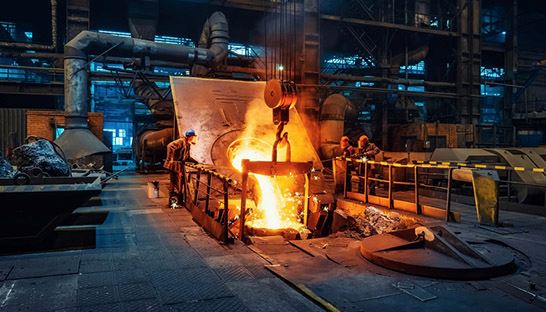
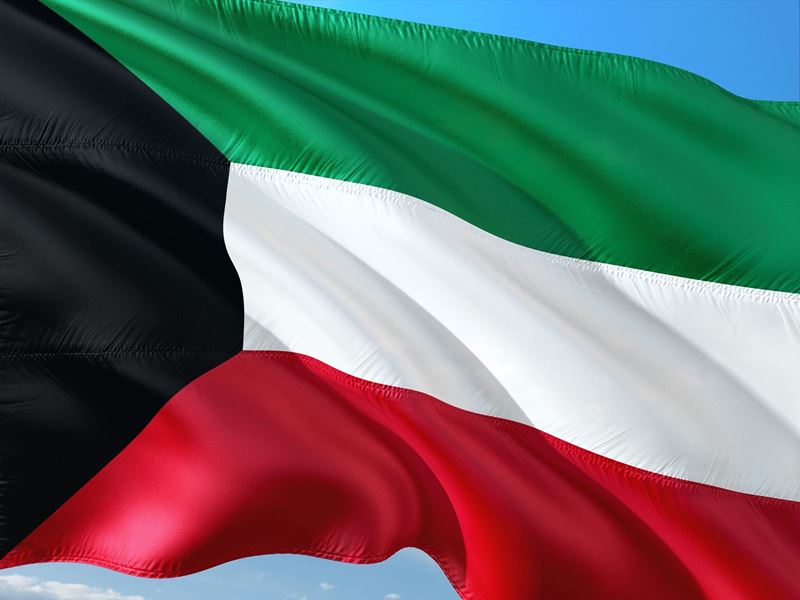
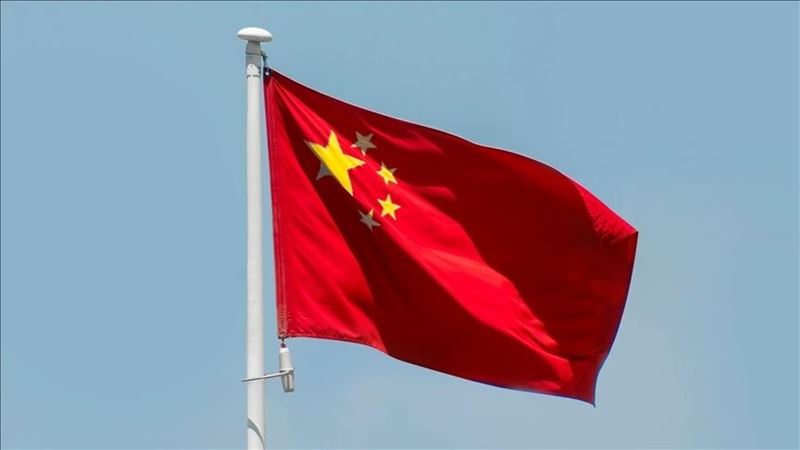
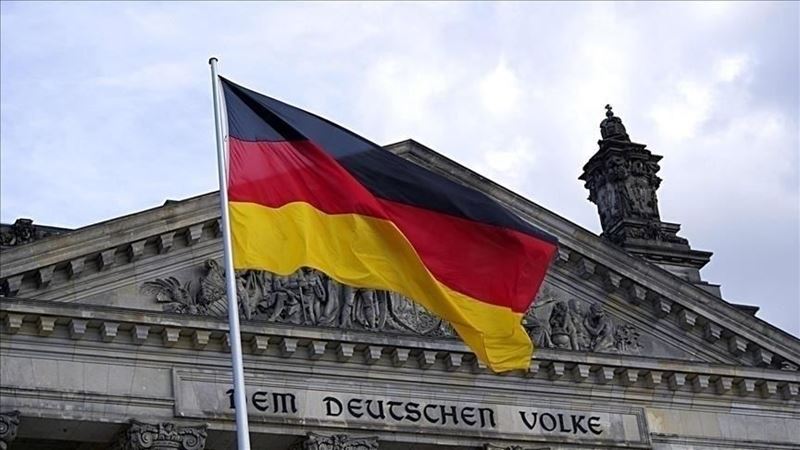
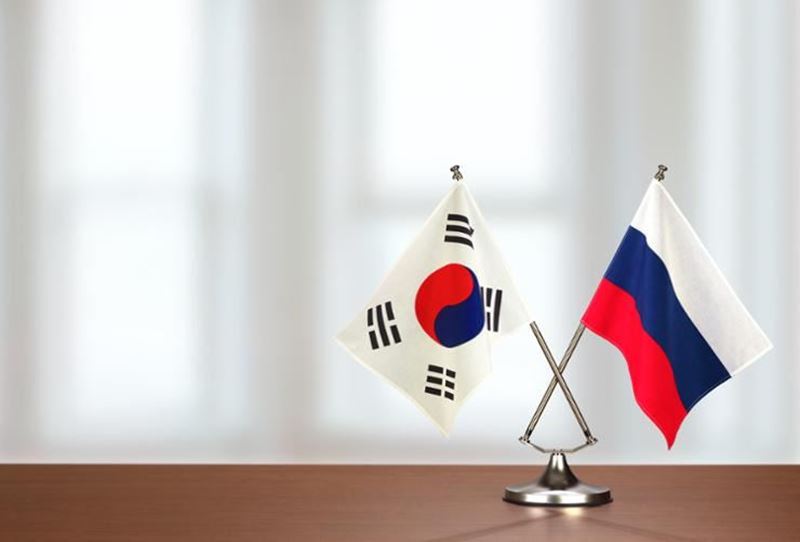


Comments
No comment yet.